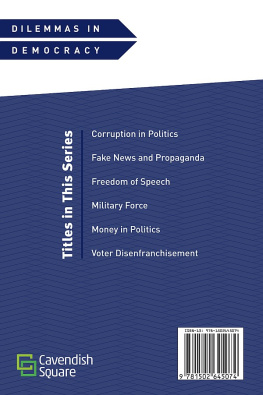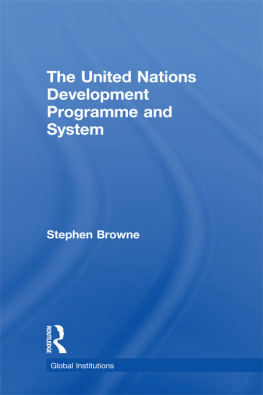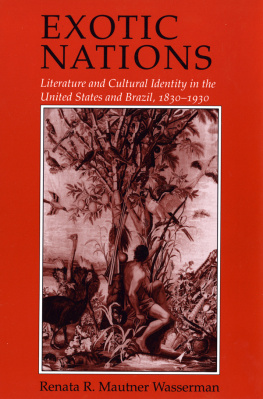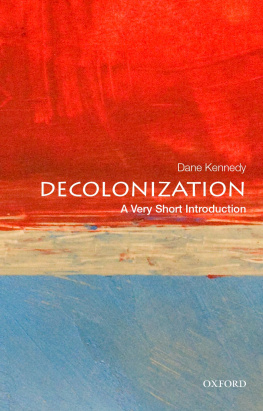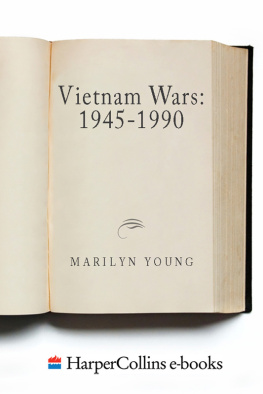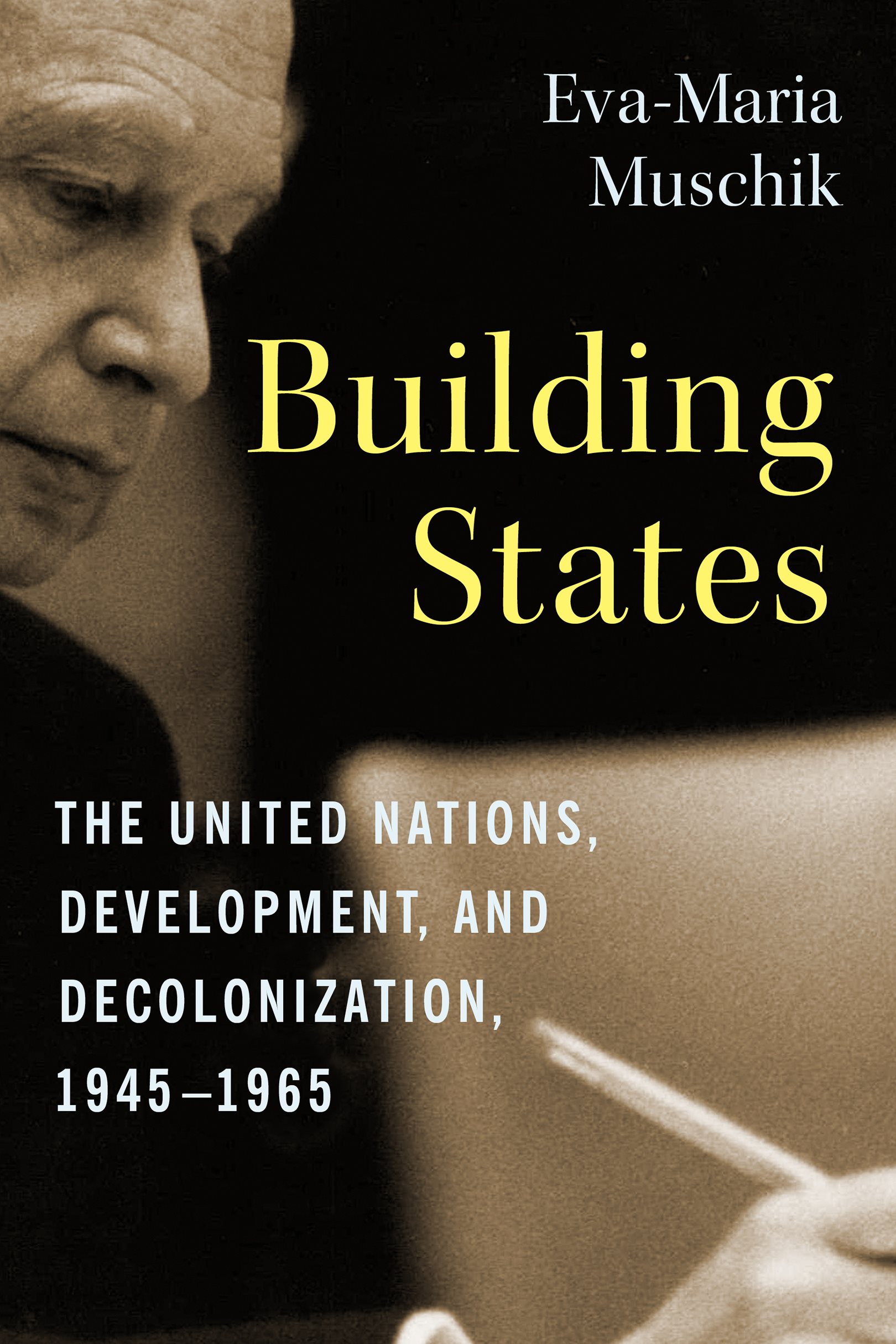Contents
List of Figures
Guide
Pagebreaks of the print version
BUILDING STATES
COLUMBIA STUDIES IN INTERNATIONAL AND GLOBAL HISTORY
COLUMBIA STUDIES IN INTERNATIONAL AND GLOBAL HISTORY
Cemil Aydin, Timothy Nunan, and Dominic Sachsenmaier, Series Editors
This series presents some of the finest and most innovative work coming out of the current landscapes of international and global historical scholarship. Grounded in empirical research, these titles transcend the usual area boundaries and address how history can help us understand contemporary problems, including poverty, inequality, power, political violence, and accountability beyond the nation-state. The series covers processes of flows, exchanges, and entanglementsand moments of blockage, friction, and fracturenot only between the West and the Rest but also among parts of what has variously been dubbed the Third World or the Global South. Scholarship in international and global history remains indispensable for a better sense of current complex regional and global economic transformations. Such approaches are vital in understanding the making of our present world.
For a complete list of books in this series, see .
BUILDING STATES
THE UNITED NATIONS, DEVELOPMENT, AND DECOLONIZATION, 19451965
___________________
EVA-MARIA MUSCHIK
Columbia University Press
New York

Columbia University Press
Publishers Since 1893
New York Chichester, West Sussex
cup.columbia.edu
Copyright 2022 Columbia University Press
All rights reserved
E-ISBN 978-0-231-55351-3
Library of Congress Cataloging-in-Publication Data
Names: Muschik, Eva-Maria, author.
Title: Building states : the United Nations, development, and decolonization, 19451965 / Eva-Maria Muschik.
Description: New York : Columbia University Press, 2021. | Series: Columbia studies in international and global history | Includes bibliographical references and index.
Identifiers: LCCN 2021038649 (print) | LCCN 2021038650 (ebook) | ISBN 9780231200240 (hardback) | ISBN 9780231200257 (trade paperback)
Subjects: LCSH: United NationsHistory20th century. | United NationsLibya. | United NationsHorn of Africa. | United NationsBolivia. | United NationsCongo (Democratic Republic) | Nation-buildingHistory20th century. | DecolonizationHistory20th century. | World politics19451989.
Classification: LCC JZ4984.5 .M88 2021 (print) | LCC JZ4984.5 (ebook) | DDC 341.2309dc23
LC record available at https://lccn.loc.gov/2021038649
LC ebook record available at https://lccn.loc.gov/2021038650
A Columbia University Press E-book.
CUP would be pleased to hear about your reading experience with this e-book at .
Cover image: 1961, Secretary-General Dag Hammarskjold of the United Nations before meeting with the UN Security Council on the situation in the Republic of Congo. Keystone Press / Alamy Stock Photo
Cover design: Lisa Hamm
A version of chapter 5 was published as Managing the World: The United Nations, Decolonization, and the Strange Triumph of State Sovereignty in the 1950s and 1960s. Journal of Global History 13, no. 1 (2018): 12144. Reprinted with permission.
TO MY MOTHER

CONTENTS
One day it may seem paradoxical to have urged territories towards national independence at a time when it is acknowledged that world peace and the chance of survival are solely dependent upon the good will with which so-called sovereign states consent to sacrifice a part of their sovereignty.
Jean de la Roche, United Nations Secretariat, September 1946
W riting in the wake of World War II, Jean de la Roche, a mid-level French civil servant with the United Nations (UN), argued that the two World Wars had sounded the death knell of both colonialism and nationalism. There was a palpable sense of a new beginning among those invested in international cooperation at the time, but also considerable uncertainty with regard to the future shape of the world order and the role that the UN might play in it. To de la Roche, it was clear that the idea of the colonizer and colonized had to be abolished and replaced by cooperation and mutual assistance for the common good and the stability of the world. Yet, dividing the world into watertight compartments of nationalism offered no solution to the imperial question. Such a development would only breed ignorance and suspicion, as the two World Wars had made abundantly clear. Doubtful that true independence could even be achieved in the twentieth century in anything but name, de la Roche thought that interdependence had to be recognized as a fact of international life. It would be a folly, he argued, to form states on already outmoded lines, only to retrace ones steps later on. What was called for, then, was something entirely new: a reimagination of state sovereignty and international relations for the postcolonial world, a transformation in which the UN would play a central role.
Multilateral cooperation is often presented as an attempt to overcome the limitations of the nation-state system. This book, by contrast, explores how the UN was involved in establishing said system and examines the organizations role in the transition from a world of empires to one of nominal nation-states in the 1950s and 1960s. When the UN was founded in 1945, it had fifty-one member states. European colonial powers were still, and in some cases again, in control of large parts of Asia, Africa, and the Pacific. Twenty years later, UN membership had jumped to 117, and a majority of the new members were former colonies.
The rapid proliferation of newly independent states after 1945 might be perceived as strange, first because, at the outset of postwar decolonization, there were a number of alternative political projects to empire, from nonhierarchical associations between metropoles and colonies to regional federal arrangements.

FIG. 1 States Emerging from European Rule Admitted to the UN Between 1945 and 1965
Year of Admission:
1947: Pakistan
1948: Burma (Myanmar in 1989)
1949: Israel
1950: Indonesia
1955: Cambodia, Ceylon (Sri Lanka in 1991), Jordan, Laos, Libya
1956: Morocco, Sudan, Tunisia
1957: Ghana, Malaya (Malaysia in 1963)
1958: Guinea
1960: Cameroon, Central African Republic, Chad, Congo (Brazzaville), Congo (Leopoldville), Cyprus, Dahomey (Benin in 1974), Gabon, Ivory Coast, Malagasy Republic (Madagascar in 1975), Mali, Niger, Nigeria, Senegal, Somalia, Togo, Upper Volta (Burkina Faso in 1984)
1961: Mauritania, Sierra Leone, Tanganyika (Tanzania in 1964)
1962: Algeria, Burundi, Jamaica, Rwanda, Trinidad and Tobago, Uganda
1963: Kenya, Kuwait, Zanzibar (Tanzania in 1964)
1964: Malawi, Malta, Zambia
1965: The Gambia, Maldives, Singapore
Source: Data drawn from https://www.un.org/en/about-us/growth-in-un-membership. Image by author.
In 1945, when some 750 million people were living under colonial rule, the UN was founded as both a creature of empires and of nation-states.


